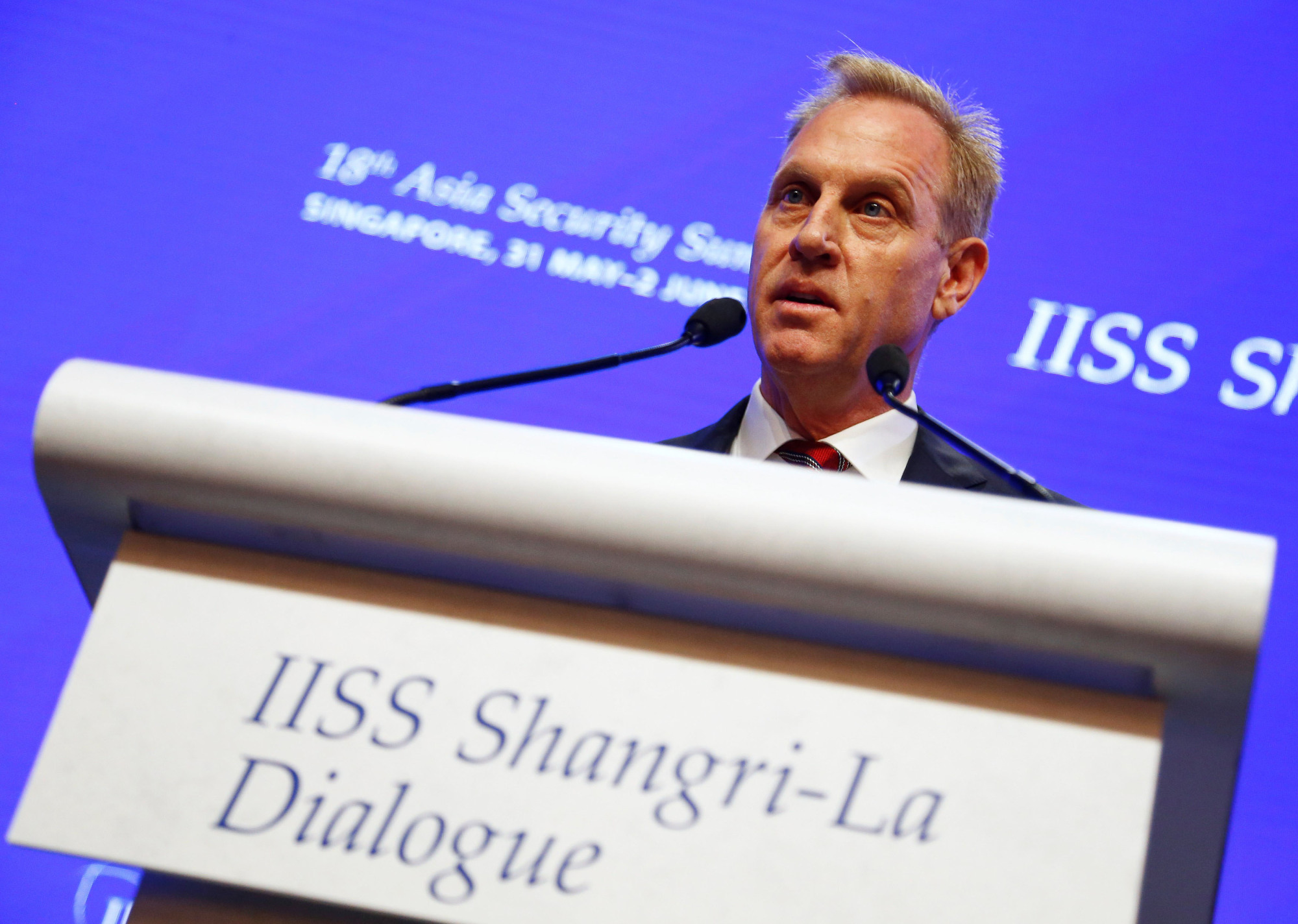Facing a serious threat from a major adversary at the time, a U.S. president told a joint session of Congress that, "it must be the policy of the United States to support free people who are resisting attempted subjugation by armed minorities or by outside pressures."
An acting U.S. secretary of defense rejected "actors (who) undermine the system by using indirect, incremental actions and rhetorical devices to exploit others economically and diplomatically and coerce them militarily. They destabilize the region, seeking to reorder its vibrant and diverse communities toward their exclusive advantage."
The first statement was made by Harry S. Truman on March 12, 1947. He asserted that if totalitarian regimes coerced nations of freedom and democracy, they would automatically represent a threat to international peace as well as the national security of the U.S. Of course, he was referring to the Soviet Union. But his statement resonates with the second one, made by Patrick M. Shanahan last Saturday at the Shangri-La Dialogue in Singapore. Naturally Shanahan was referring to China without naming it. His speech was the second in a series on the U.S. "Indo-Pacific strategy." His predecessor James Mattis delivered the first one the year before.


















With your current subscription plan you can comment on stories. However, before writing your first comment, please create a display name in the Profile section of your subscriber account page.